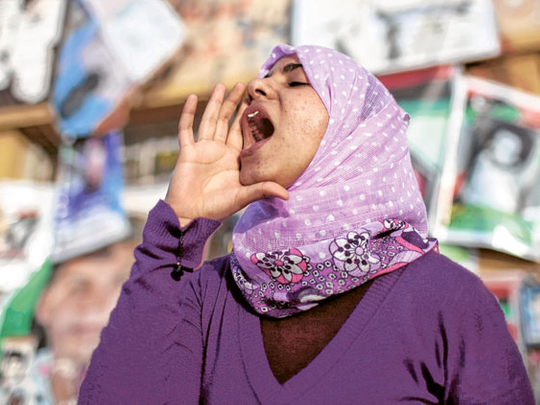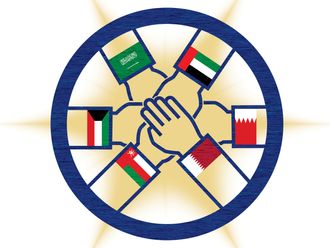
The recently published UN report on the status of women worldwide noted the progress — mainly in the legal field — achieved in many Arab countries to eliminate the injustices inflicted on women.
Among the examples given were:
Early marriage elimination: Tunisia was one of the first countries in the region to take steps to eliminate early marriage, setting the minimum age of marriage in 1956. However, in 1960, nearly half of Tunisian women were married before the age of 20, but by 2004, only 3 per cent of girls between 15 and 19 years were married, divorced or widowed.
Women's rights in family: Since 2002, Egypt, Libya and Morocco have introduced reforms to give women greater rights to pass on citizenship to children, while Algeria, Iraq, Qatar and Tunisia have taken steps to amend laws that discriminate against women in relation to passing citizenship to children and spouses.
Women in the workplace: Four countries — Algeria, Iraq, Morocco and Tunisia — ban sexual harassment in the workplace, protecting women's rights in this sphere.
However, women make up 26 per cent of the labour force, around a third of that of men. In most countries in the region, women are restricted from working the same hours or taking up the same jobs as men, thus limiting job opportunities for them.
Protecting domestic workers: Women make up an overwhelming majority of domestic workers, jobs that often lack basic employment rights. In 2008, Jordan amended its labour laws to include domestic workers, guaranteeing monthly payment of salaries, sick leave and a maximum 10-hour working day.
Increase women legislators: While overall representation by women in the region's parliaments remain low, averaging 10 per cent, some countries have made very large gains. Since 1997, there has been a six-fold increase in the number of women parliamentarians in Egypt, Jordan and Morocco, albeit from a low base. Women's share of seats has increased from 6 per cent to 25 per cent in Iraq over this period. All four countries have used quotas to boost women's representation.
Removing reservations to CEDAW : All countries in the region have ratified CEDAW (UN women's rights treaty), but most of them have imposed at least one reservation, limiting the treaty's application in practice. The most common reservations are — equal rights in marriage and family, nationality rights and compatibility with religious laws.
Milestones: Key dates
- Women's right to vote in the Arab world
- Women were granted the right to vote on a universal and equal basis in Lebanon in 1952
- Syria (to vote) in 1949 (Restrictions or conditions lifted) in 1953
- Egypt in 1956
- Tunisia in 1959
- Mauritania in 1961
- Algeria in 1962
- Morocco in 1963
- Libya in 1964
- Sudan in 1964
- Yemen (partly) in 1967 (full rights)in 1970
- Bahrain in 1973
- Jordan in 1974
- Iraq (full rights) 1980
- Oman (partly) in 1994 and (ful rights) 2003, and
- Kuwait in 2005












